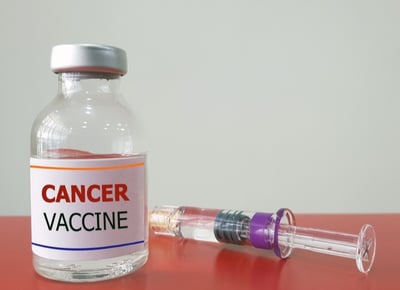Get notified of page updates
Nous-209 Genetic Vaccine for the Treatment of Microsatellite -High (MSI-H) Colorectal, Gastric and Gastro-esophageal junction Tumors

Treatment study for people with advanced colorectal, gastric and gastro-esophageal junction tumors
Clinicaltrials.gov identifier:NCT04041310
Glossary on
off
About the Study
NOTE: This study is no longer enrolling people.
The goal of this cancer treatment study is to find the best dose and learn how safe and effective this cancer vaccine is for treating advanced colorectal, gastric and gastro-esophageal junction tumors that test positive for the biomarkers or . Participants will receive the vaccine in combination with the drug Keytruda (pembrolizumab).
This Study is Open To:
NOTE: This study is no longer enrolling people.
This Study is NOT Open To:
NOTE: This study is no longer enrolling people.
Treatment study for people with advanced colorectal, gastric and gastro-esophageal junction tumors
Clinicaltrials.gov identifier:NCT04041310